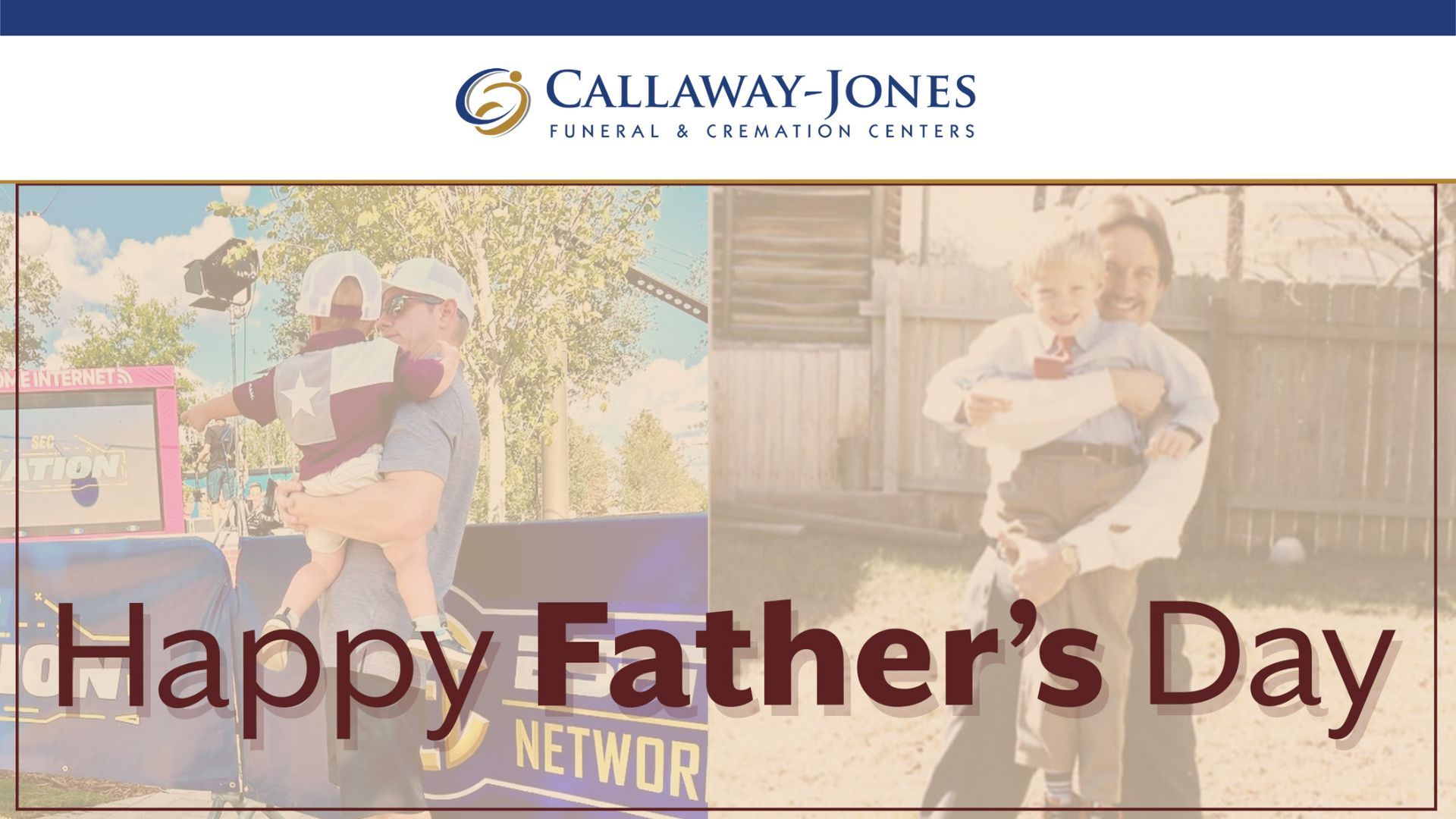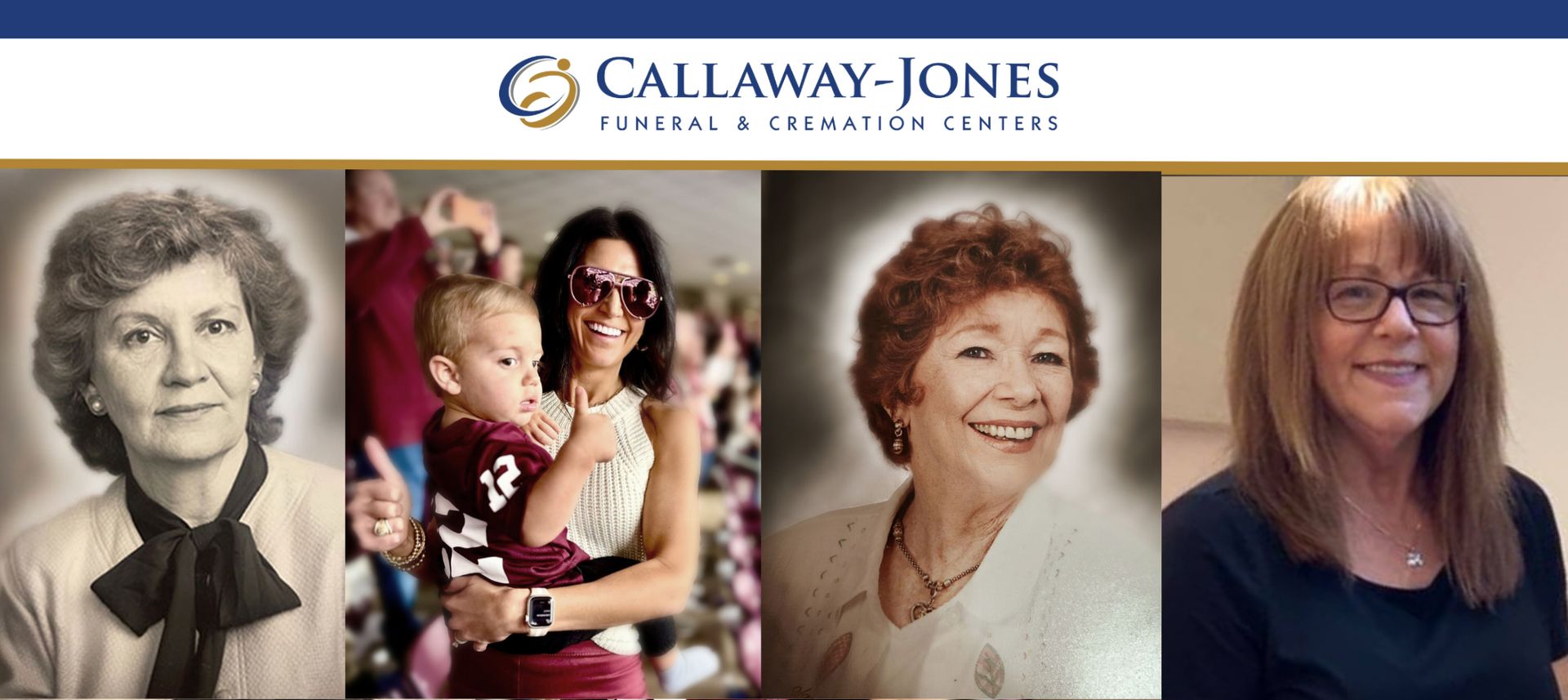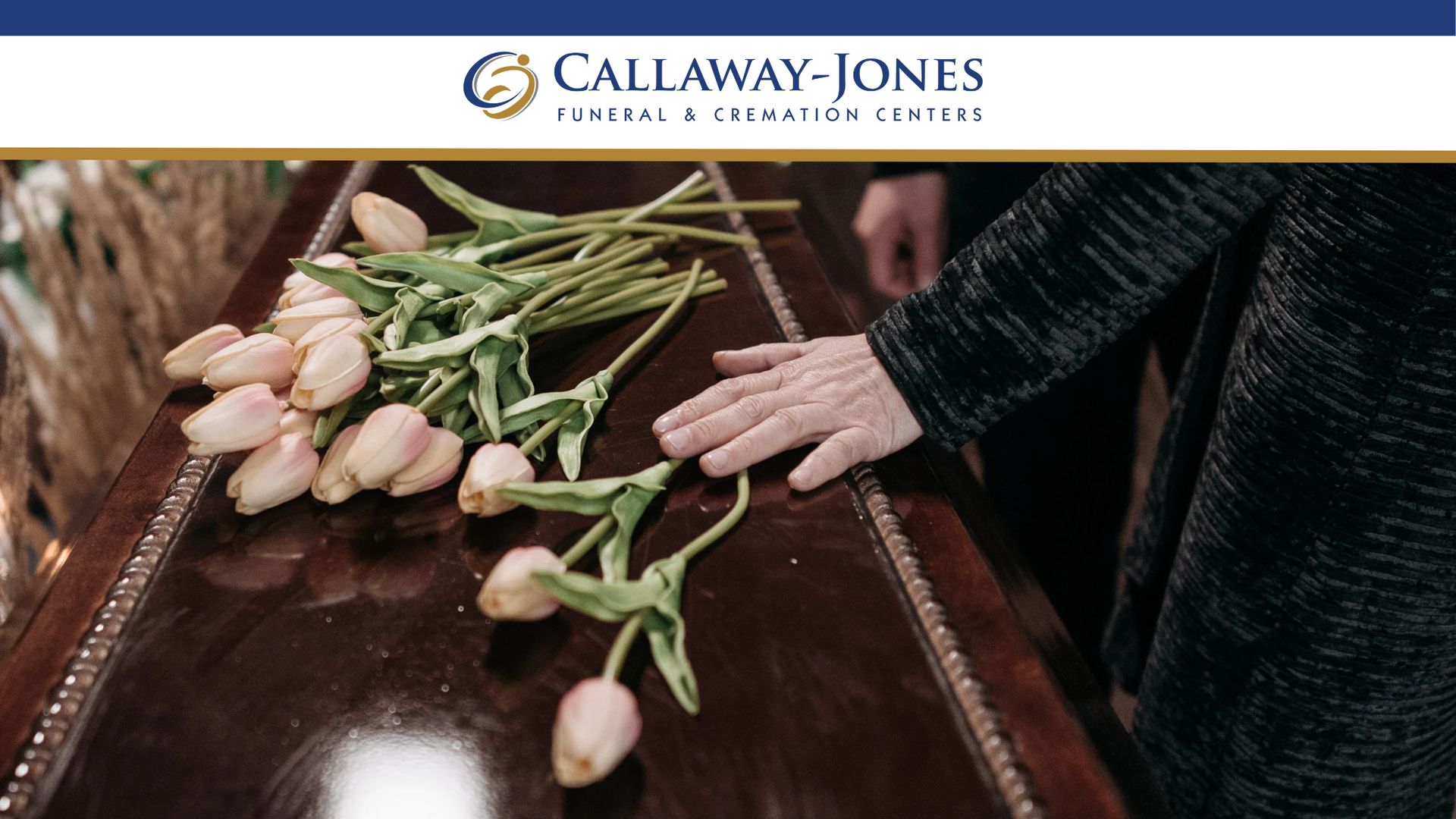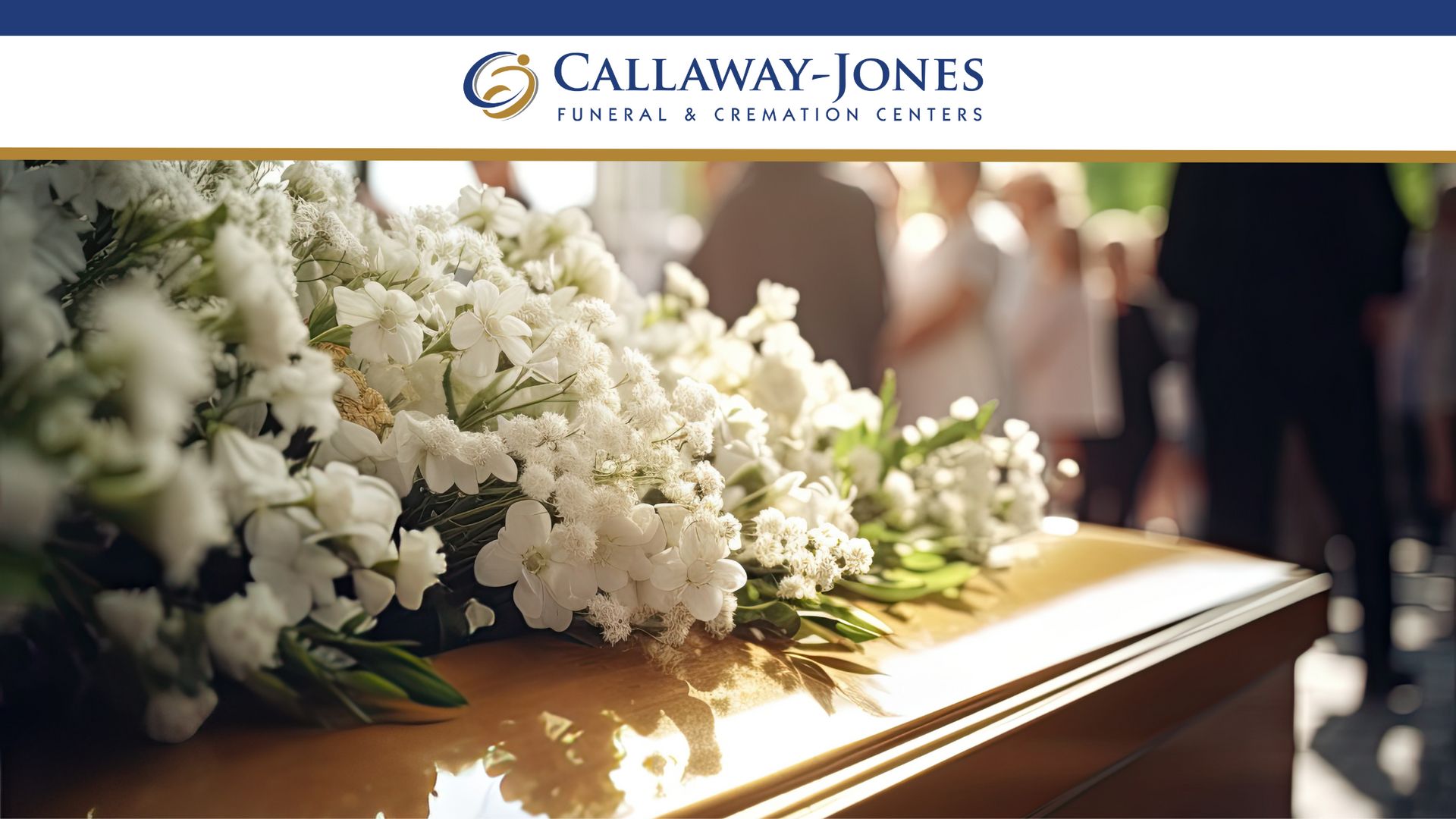Rules for Success in Grade School and in Life — A Refresher
Across Facebook and Instagram last week, it’s been fun to see photographs being posted with children holding up a small chalkboard announcing, “First day of ____ Grade,” noting the beginning of a new year and clean slate. This week it’s been “First day of freshman year in College” photos circulating on Instagram.
How refreshing it is to have a clean slate, whether it’s a clean desk after a big project is done with everything put away. Or it could be a chance to start new competitions for your best grades and student conduct in class this year. It’s a time to put away memories of days past where struggles to learn might have dominated our thoughts.
An open mind is a first source of creativity and invention. Before we learn to draw, young minds are often wide open to coloring, both inside and outside the lines that might be there. When adults instruct us to “color inside the lines,” that may be the first barrier we experience that confines our creativity to the first “rule” it might encounter.
In elementary school, on the first day, young children are taught the “rules of the classroom.” Years ago, a friend was driving her son to school and without warning he started to cry. His mom asked him what was wrong, and he answered, “Mommy, I forgot the rules!” She reassured him that it was okay, and they’d go over it again that morning and he cheered up quickly. Talking to another youngster recently, I asked him how his first day of fourth grade went; he said, “Oh, we didn’t learn anything special. We learned classroom procedures and how we do things, like we do every year on the first day.”
Profound thoughts from two youngsters—wanting so much to “know the rules,” and then later on realizing that every new situation, whether school, work, or life, has procedures for success. Adults joining a new company welcome colleagues sharing office procedures and policies. Some are kind teachers; others look for things done wrong. What kind are we?
Lately, I’ve been reflecting on some of the best lessons I learned from my parents, teachers, and others from whom I learned this business. One of the best teachers is a man I never met: Zig Ziglar. This motivational gentleman built a modest speaking business into a major multigenerational empire.
Some of his rules and favorite sayings were:
“Your attitude, not your aptitude, will determine your altitude.” This is an appropriate lesson for all ages. Children in elementary school don’t know most of everything they will learn in six short years. Some children begin the year saying, “I don’t know anything.” That’s a sentence and attitude that can be reframed into: “I am going to learn so many new interesting and exciting things today.”
“You will get all you want in life if you help enough other people get what they want.” This is a lesson also for all ages. In high school, children tend to have many new friends that they’re around for four years consistently, so they know one another intensely. While not everyone is good at everything they try, there’s usually at least one thing that a person excels at over everyone else. When you seek to look to another person for what it is they do best, it can be the best thing to bring to your business, or it can be the area that they can lead. Again, a lesson for all ages.
Another present-day leader respected by all is Tony Robbins, a man who came from virtually no advantage and who achieved greatness at a young age and who continues to command legendary popularity. One writer attended years’ worth of Robbins’ seminars and offered some of Robbins’ favorite philosophies.
“Where focus goes, energy flows”
This sentence applies to elementary school children ever as much as adults. Children are masters at play and creativity as children. If you assign 10 children the same problem, you might find that they come up with 10 different solutions. The wildest imaginations of children are not bothered with filters, fears of negativity, or adults overseeing them, telling them they’re doing it wrong. As adults, once we begin doing what we love, we spend as much time as we can doing just that, writing, publishing, and creating. If we like sports and devote daily effort to a sport like soccer, each day we get better and better at it because of the energy we’ve put forward to mastering a skill.
“Be results-focused rather than activity-focused.”
You likely work with people every day who have their desks filled with file folders, pencils, a reference book, or to-do lists. Maybe they have a cork board filled with post-its and other reminders that shows they are overwhelmed and can’t see a way out. Now you might have a coworker who always has a clean desk and just focuses on one project at a time. Judging from just a glance, we might think the person with the disorderly desk is disorganized and the person with the clean desk is very organized. Chances are that is true.
When we are students, we’re taught to put away the one project (math) we’ve been working on, and then get out the book for the new topic we’re about to undertake. Usually we have small wirebound notebooks of different colors for different subjects, and we bring that right colored book out when we pull the book out. We have a limited amount of space on the top of our student desks anyway, so if you don’t put things away, it means we are cluttered and cannot focus clearly on the task at hand. This lesson is part of our life’s success for the rest of our lives.
Robbins believes there are six human needs: certainty, uncertainty/variety, significance, connection/love, growth, and contribution.
If we thought every day would be the same for the next, say two years, it would be almost impossible to be excited about looking forward to each day because we already know what we’re doing every minute of the day. But, if we’re happily married, coming home to the same spouse you fell in love with is just the kind of certainty that we can enjoy anticipating. Both certainty/uncertainty makes sense.
The need for significance is as deep and serious as any of these needs. When people feel appreciated noticed, noted, and as vital as their presence would be missed if they were not there, they tend to flourish and excel in their teams, whether school-based or adult life experiences. When significance is missing, people are more likely to go searching for a feeling of being special or needed. If they can’t find it, their behavior can either motivate them to accomplish more or they can act out negatively to get attention that way.
We all want to feel like we make progress. Students in school are gifted with grade cards, although they rarely see them as a gift at times. Measurements are constantly being made, recorded, and analyzed by teachers and students, monitoring their progress. As adults, we are either evaluated by our bosses, usually once a year, or raises and promotions are given at will by the department managers and corporate bosses in the largest organizations.
In our lifetimes we are blessed with good friends. Many of us feel lucky to have friends that we have had since elementary school. They are the ones who we feel closest to because we’ve known them so long, they’re as close as family to us. How do we make and keep these friends? Who better to turn to than Dale Carnegie, oracle of wisdom and author of the most popular book, “ How to Win Friends and Influence People.”
Carnegie’s “ rules of the road ” include:
“Do not criticize, condemn, or complain.” As children, we’re usually pretty good about this. As adults, let’s be honest with ourselves. Can we make it through an entire day without finding fault in anyone we encounter?
“Be generous with praise.” Children respond brilliantly to two words; “Good job.” It is amazing to watch a child navigating a difficult task for the first time. When a parent or teacher says “Good job,” watch their little faces light up with joy. With our coworkers, when find things they’re doing right or exceptionally well, tasks they complete without even being asked, and we take the time to notice their skills and compliment them, watch their faces light up just like the schoolchild.
Everyone needs to be appreciated, valued, and respected. The best way to make friends is to follow these “rules of the road” to make for a successfully and happy school and work life, filled with positive people around us, and when we push the negative people out of our mainstream path, we tend to be happiest. Don’t be afraid to evaluate the importance of friends in your life.
Sometimes we spend too much time trying to reclaim an un-valuable friendship when we could have more time with an in-valuable friend. Time gets shorter and shorter, the older we get. Spend your time wisely. Happy “back to school” days to our secondary and college “kids” in our community. Have a great year of learning ahead.
Cody ’02 and Chelsea ’11 Jones
Owners & Community Members










